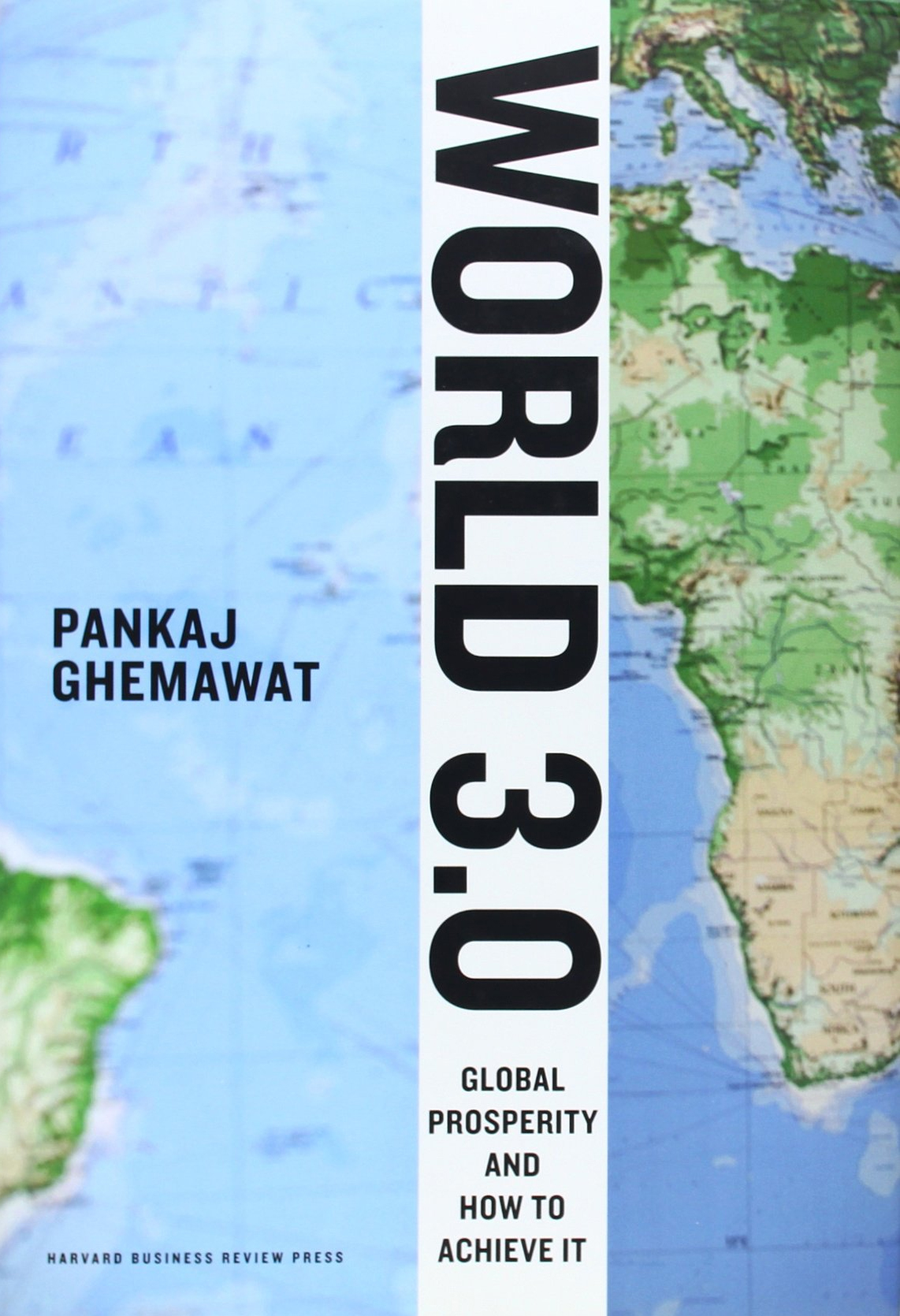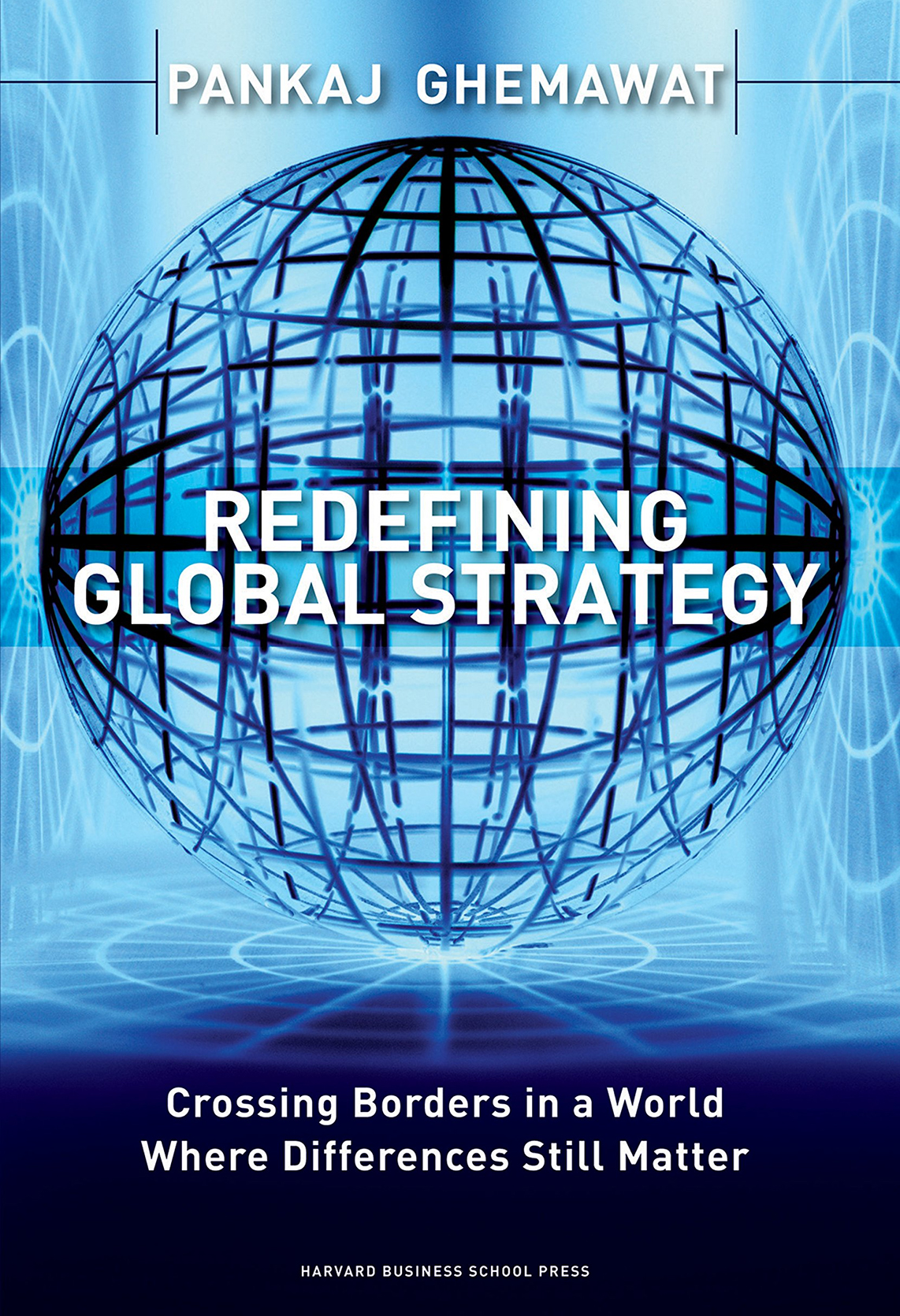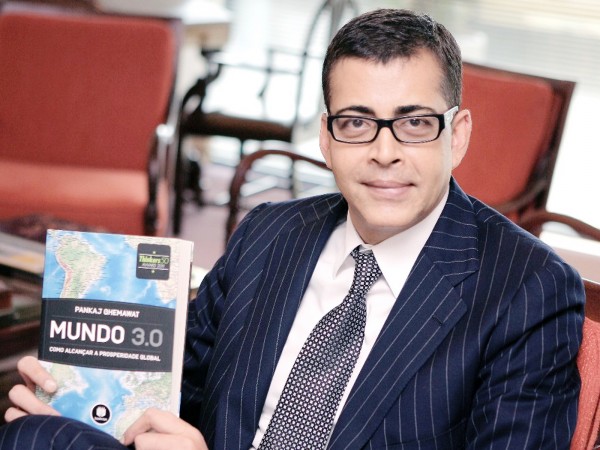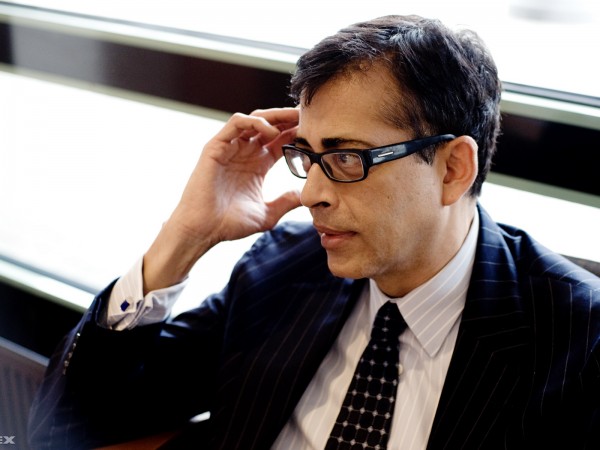The Future of Globalization
Pankaj Ghemawat, Professor of Strategic Management and Globalization at IESE Business School, has been questioning the effects of globalization for years, addressing a number of anti-globalization concerns and deflating several pro-globalization exaggerations. His studies have found that people are susceptible to what he calls “globaloney,” the idea that the world is more connected and interdependent than the data show it to be.
According to Ghemawat, this globaloney can lead businesses and governments to overlook opportunities for positive change, such as practices that address environmental issues or measures that could rehabilitate troubled European economies.
Ghemawat was named by Business Insider as one of the “54 smart thinkers everyone should follow on twitter” and The Economist said that his book, World 3.0 , “should be read by anyone who wants to understand the most important economic development of our time.” His website, Ghemawat.com, includes a number of resources such as his blog, information about his books, and videos of his past appearances.
Part of the gap between popular perception of the world’s interconnectedness and the reality reflected by data is the difference in perspective from one country to the next. To address those differences, Ghemawat’s website hosts over 200 custom maps describing how the world looks from the perspectives of nearly 150 different countries. Visitors can see how the world looks based on a variety of factors such as each country’s nominal GDP or the number of Columbia-originated international telephone calling minutes.
Ghemawat examines a number of ways that globalization can affect countries, individuals, and markets. In a blog post citing a study showing that growing Dutch roses produces six times as much greenhouse gas as their Kenyan counterparts, Ghemawat writes that “globalization has an impact on the environment, but it is a mixed one and generally far less scary than many people think.”
To find out whether there was any truth behind the fear that increased global competition led to markets dominated by a smaller number of more powerful competitors, Ghemawat examined data from 11 industries and found that the market share of their top five firms has remained relatively unchanged over the past 30 years.
In an article co-written for Fortune with Stijn Vanormelingen, Ghemawat suggested that a fear of globalization was encouraging trade protectionism and holding back Spain’s economy. “Forget the idea that closing the borders would help,” they wrote, outlining four ways that Spain could ultimately recover. Their article concluded that “the restructuring of the Southern European economies will not happen until firms become more international, more innovative, more high tech, and bigger.”










